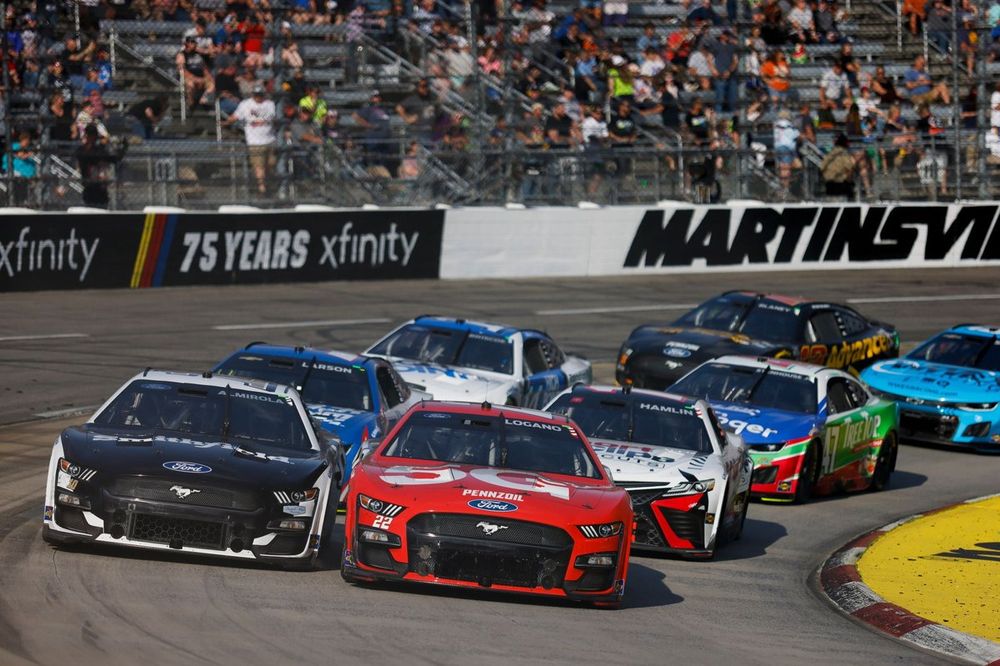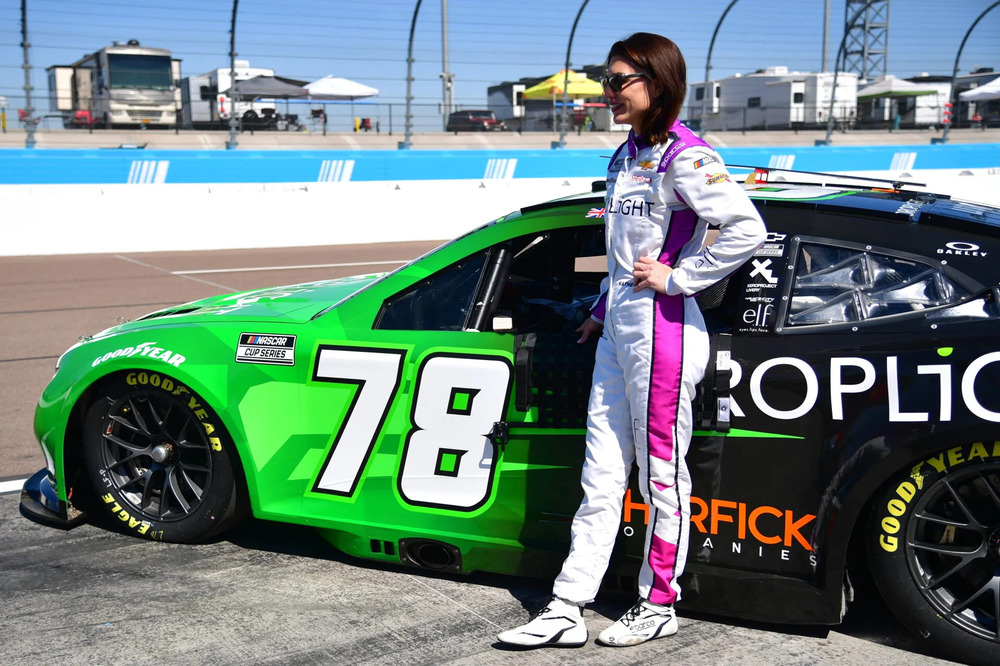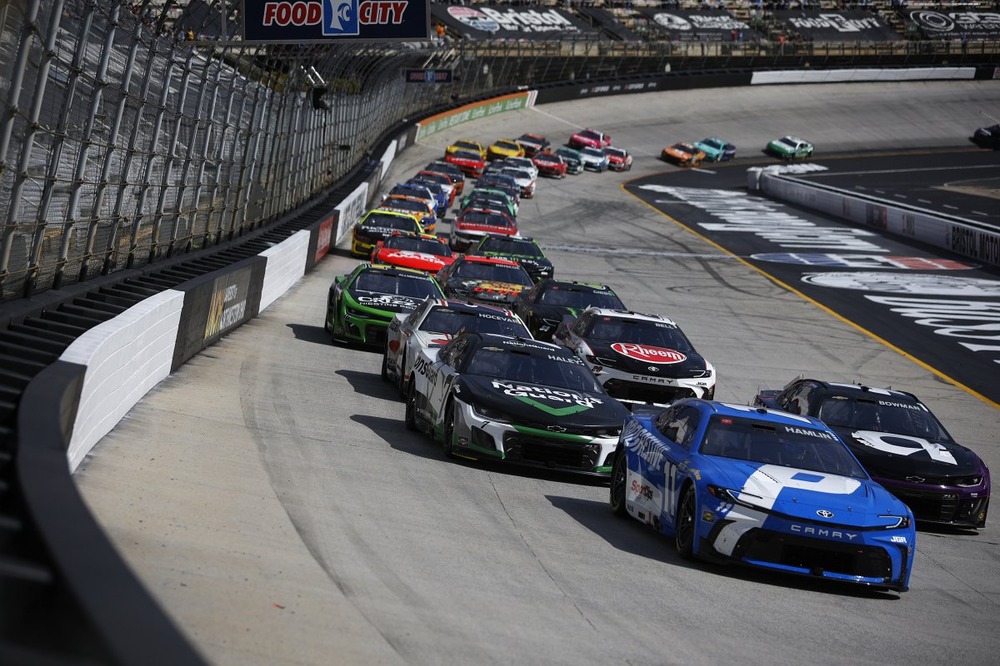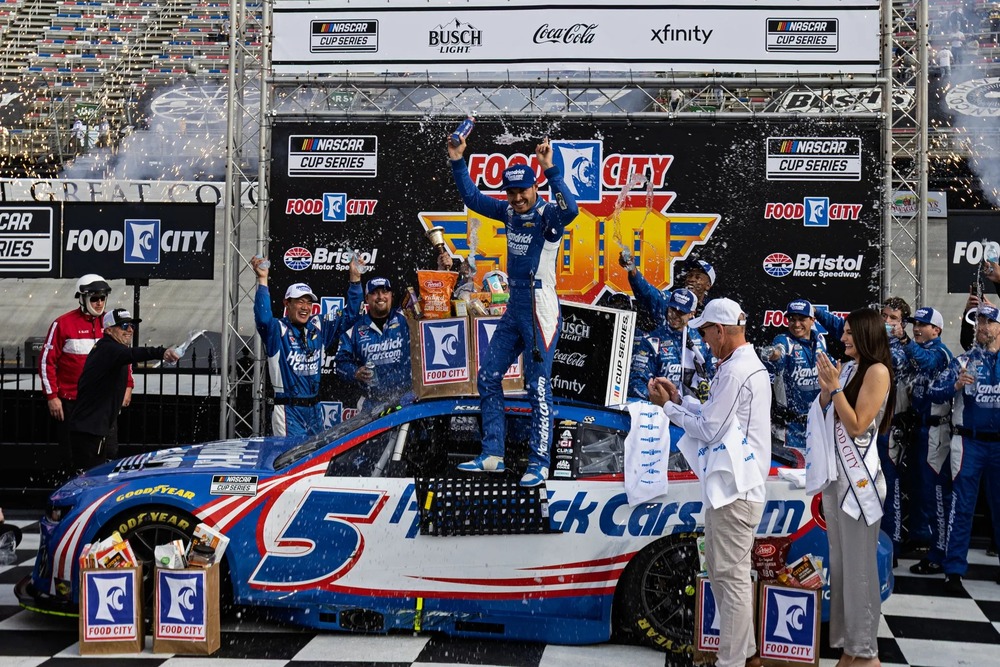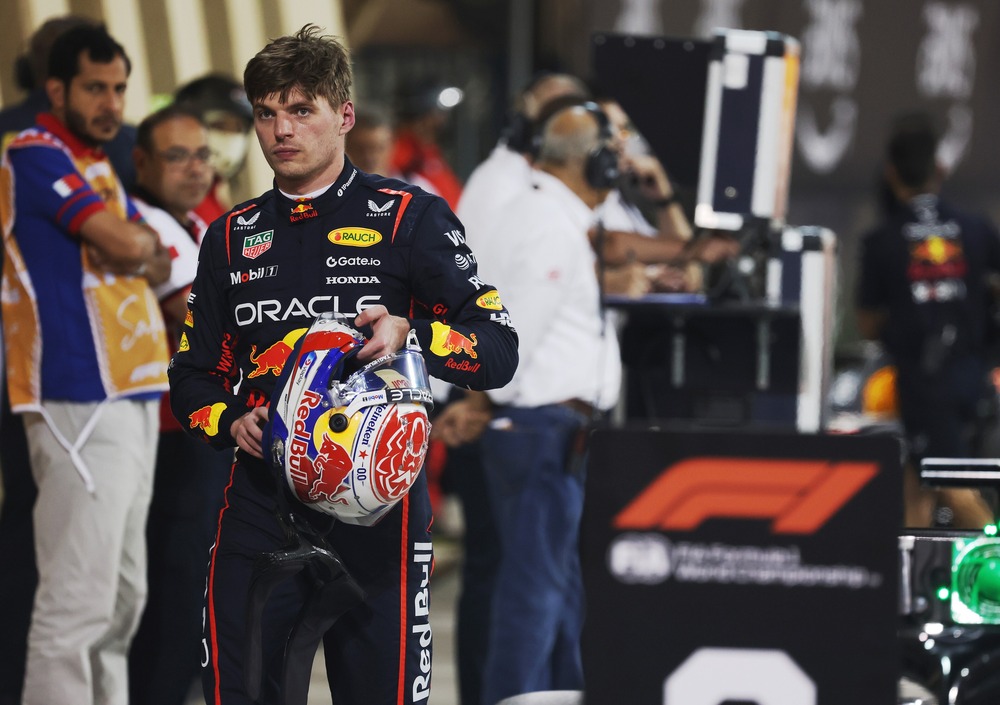NASCAR is currently working to implement a major policy change that could reshape the investment landscape within the sport.
As the NASCAR Cup Series enjoys a resurgence in popularity, it has attracted interest from various investors, including private equity firms and sovereign wealth funds (SWFs).
However, recent discussions indicate that the sporting body is considering to ban investments from these state-owned entities, a move that could have far-reaching implications for the sport’s financial framework and governance.
The backdrop to this potential ban is the ongoing negotiations for a new charter agreement, which is expected to establish clearer guidelines for team ownership and investment. This agreement aims to mirror the structure seen in other major sports, such as Formula 1, where financial and operational dynamics are tightly regulated.
The charter system currently in place provides teams with guaranteed starting positions and revenue-sharing arrangements, making it a vital component of NASCAR’s operational model. However, the influx of investment from sovereign wealth funds raises concerns about the potential for political influence and the competitive balance of the sport.
Sovereign wealth funds, which are state-owned investment vehicles managing national savings, have garnered attention for their substantial financial resources. Notable examples include Saudi Arabia’s Public Investment Fund (PIF), which has made significant investments in various global sports.
The growing involvement of such funds in sports has sparked debates about “sportswashing,” where countries use sports to promote their international image while deflecting attention from domestic issues, including human rights concerns.
Several teams have currently declared charter buy-ins from private equity groups or other investors. For example, the Avenue Sports Fund and Trackhouse Entertainment Group, the organization that manages the Trackhouse Racing team, formed a partnership that gave ASF a sizeable minority interest in TEG.
Trackhouse is not the only organization interested in buy-ins, which explains why NASCAR wants to create regulations defining the parameters of those buy-ins, including the amount of control that can be acquired by any private equity firm.
The sport has been reported to be currently working on a policy change with chartered car owners to develop a new charter agreement that will ban such ventures. The proposed ban on SWF investments is seen as a proactive measure to safeguard the integrity of the sport and maintain its competitive environment.
By restricting these investments, NASCAR aims to prevent foreign political entities from exerting influence over team operations and the sport’s governance. This decision is particularly crucial as NASCAR seeks to uphold a level playing field, ensuring that all teams have equitable access to resources and opportunities.
The implications of this potential ban are multi-faceted. First, it could enhance financial stability within the sport and create a more predictable financial environment for its teams, minimizing the volatility that often accompanies large-scale investments from entities with varying agendas.
Moreover, a ban on sovereign wealth funds could help maintain the competitive balance that NASCAR has worked hard to achieve. The involvement of such funds has led to disparities in team funding and resources, potentially undermining the competitive nature of the series.
By ensuring that all teams operate under similar financial conditions, NASCAR can better preserve the excitement and unpredictability that fans have come to love.
As negotiations continue, the landscape for NASCAR’s investment framework remains fluid. Team owners, investors, and governing bodies each have their own priorities and perspectives, making it essential for NASCAR to navigate these discussions carefully.
Team owners have voiced a desire for increased revenue and collaboration with NASCAR on marketing and promotional efforts, underscoring the need for a balanced approach that addresses the interests of all stakeholders.
A spokesperson for NASCAR did not respond to requests for comment.

